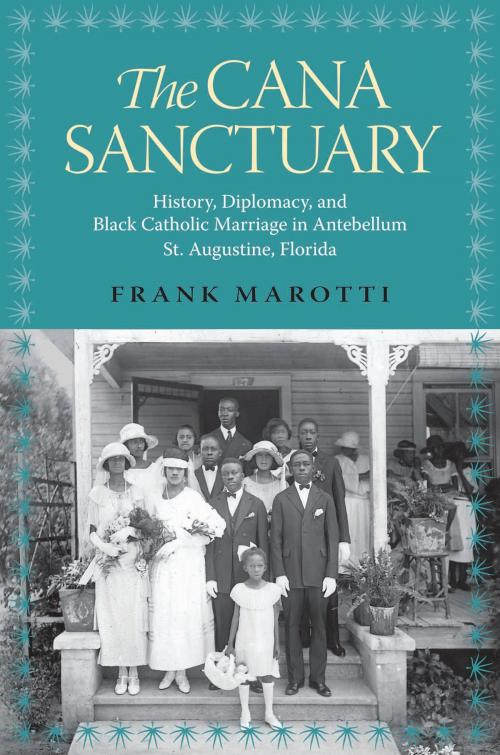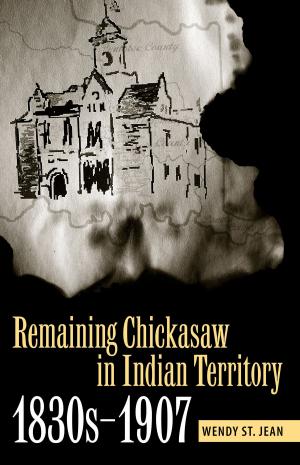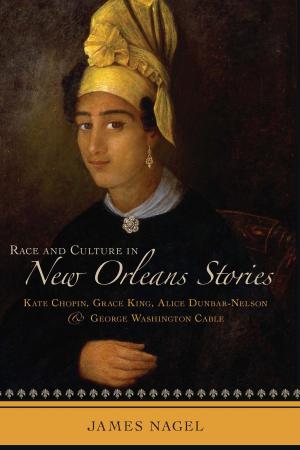The Cana Sanctuary
History, Diplomacy, and Black Catholic Marriage in Antebellum St. Augustine, Florida
Nonfiction, History, Americas, United States, 19th Century| Author: | Frank Marotti | ISBN: | 9780817386061 |
| Publisher: | University of Alabama Press | Publication: | May 23, 2012 |
| Imprint: | University Alabama Press | Language: | English |
| Author: | Frank Marotti |
| ISBN: | 9780817386061 |
| Publisher: | University of Alabama Press |
| Publication: | May 23, 2012 |
| Imprint: | University Alabama Press |
| Language: | English |
Normal0falsefalsefalseMicrosoftInternetExplorer4
The Cana Sanctuary uses the collective testimony from more than two hundred Patriot War claims, previously believed to have been destroyed, to offer insight into the lesser-known Patriot War of 1812 and to constitute an intellectual history of everyday people caught in the path of an expanding American empire.
In the late seventeenth century a group of about a dozen escaped African slaves from the English colony of Carolina reached the Spanish settlement of St. Augustine. In a diplomatic bid for sanctuary, to avoid extradition and punishment, they requested the sacrament of Catholic baptism from the Spanish Catholic Church. Their negotiations brought about their baptism and with it their liberation. The Cana Sanctuary focuses on what author Frank Marotti terms “folk diplomacy”—political actions conducted by marginalized, non-state sectors of society—in this instance by formerly enslaved African Americans in antebellum East Florida. The book explores the unexpected transformations that occurred in seventeenth- and eighteenth-century St. Augustine as more and more ex-slaves arrived to find their previously disregarded civil rights upheld under sacred codes by an international, nongovernmental, authoritative organization.
With the Catholic Church acting as an equalizing, empowering force for escaped African slaves, the Spanish religious sanctuary policy became part of popular historical consciousness in East Florida. As such, it allowed for continual confrontations between the law of the Church and the law of the South. Tensions like these survived, ultimately lending themselves to an “Afro-Catholicism” sentiment that offered support for antislavery arguments.
Normal0falsefalsefalseMicrosoftInternetExplorer4
The Cana Sanctuary uses the collective testimony from more than two hundred Patriot War claims, previously believed to have been destroyed, to offer insight into the lesser-known Patriot War of 1812 and to constitute an intellectual history of everyday people caught in the path of an expanding American empire.
In the late seventeenth century a group of about a dozen escaped African slaves from the English colony of Carolina reached the Spanish settlement of St. Augustine. In a diplomatic bid for sanctuary, to avoid extradition and punishment, they requested the sacrament of Catholic baptism from the Spanish Catholic Church. Their negotiations brought about their baptism and with it their liberation. The Cana Sanctuary focuses on what author Frank Marotti terms “folk diplomacy”—political actions conducted by marginalized, non-state sectors of society—in this instance by formerly enslaved African Americans in antebellum East Florida. The book explores the unexpected transformations that occurred in seventeenth- and eighteenth-century St. Augustine as more and more ex-slaves arrived to find their previously disregarded civil rights upheld under sacred codes by an international, nongovernmental, authoritative organization.
With the Catholic Church acting as an equalizing, empowering force for escaped African slaves, the Spanish religious sanctuary policy became part of popular historical consciousness in East Florida. As such, it allowed for continual confrontations between the law of the Church and the law of the South. Tensions like these survived, ultimately lending themselves to an “Afro-Catholicism” sentiment that offered support for antislavery arguments.















